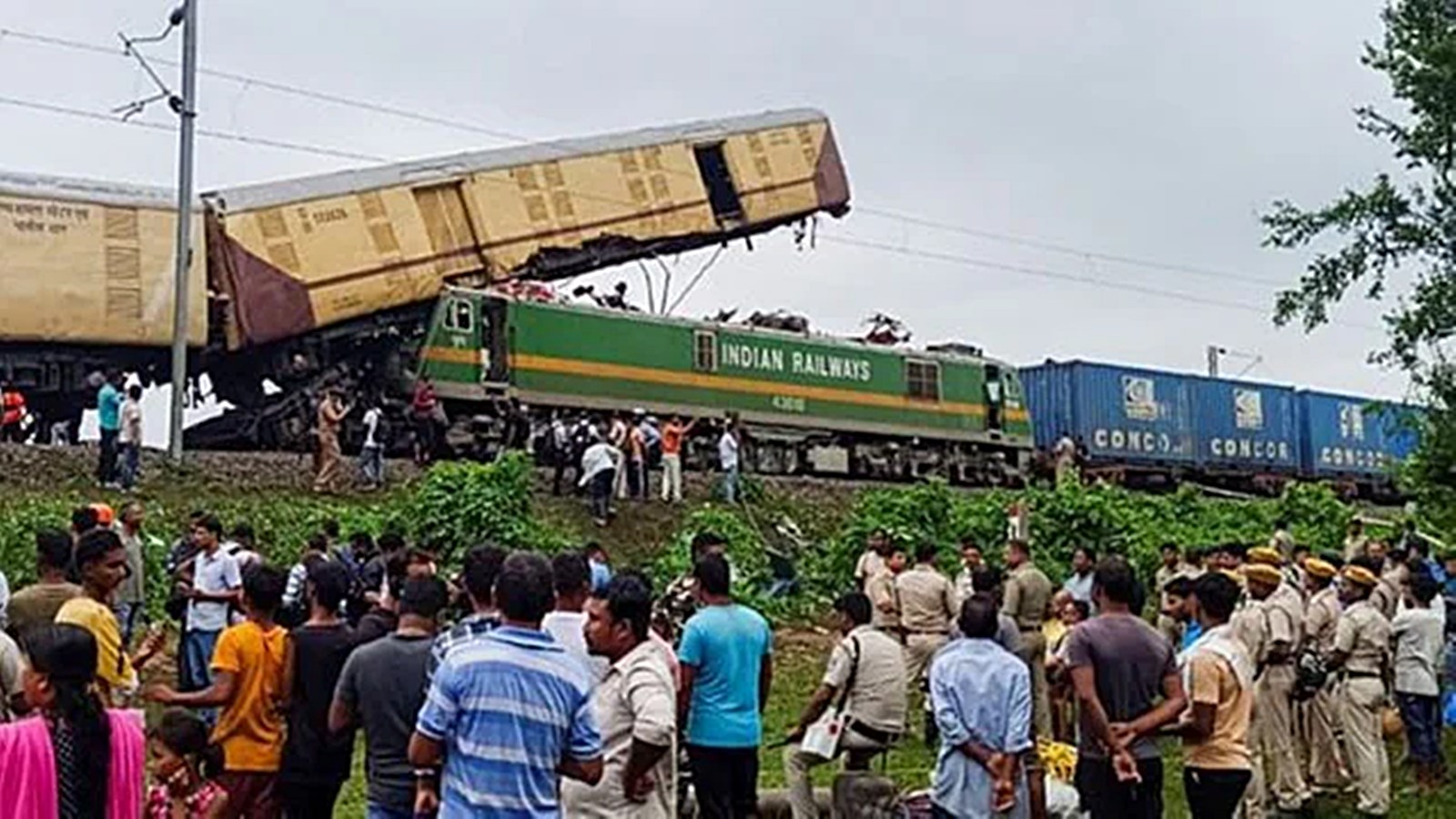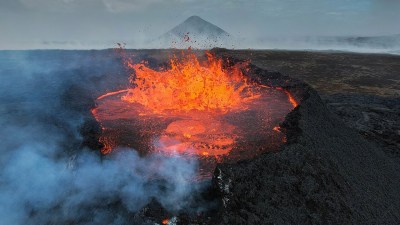Ravik Bhattacharya is a highly experienced and award-winning journalist currently serving as the Chief of Bureau of The Indian Express, Kolkata. With over 20 years of experience in the media industry, Ravik possesses deep expertise across a wide range of critical subjects and geographical areas. Experience & Authority Current Role: Chief of Bureau, The Indian Express, Kolkata. Expertise: Extensive reporting across West Bengal, Odisha, Assam, and the Andaman Nicobar Islands. Ravik specializes in politics, crime, major incidents and issues, and investigative stories, demonstrating a robust command of complex and sensitive subjects. Experience: His long and distinguished career includes key reporting roles at several prestigious publications, including The Asian Age, The Statesman, The Telegraph, and The Hindustan Times. Ravik's current role marks his second stint with The Indian Express, having previously served as a Principal Correspondent in the Kolkata bureau from 2005 to 2010. Major Award: Ravik's authority and quality of work are substantiated by his winning of the prestigious Ramnath Goenka Excellence in Journalism Award in 2007 for Political Reporting. Education: His strong academic foundation includes a Bachelor's degree with English Honours from Scottish Church College under Calcutta University, and a PG Diploma in Mass Communication from Jadavpur University. Ravik Bhattacharya's extensive tenure, specialized beat coverage, and notable award confirm his status as a trusted and authoritative voice in Indian journalism, particularly for stories emanating from Eastern India. ... Read More
Atri Mitra is a highly accomplished Special Correspondent for The Indian Express, bringing over 20 years of experience to his reporting. His work is characterized by deep regional knowledge and a focus on critical administrative and political developments, establishing strong Expertise and Authority in his domain. Experience Current Role: Special Correspondent, The Indian Express. Decades of Experience: Over two decades of extensive reporting experience, primarily covering administration and political news. Geographical Focus: Holds significant reporting experience from West Bengal, Bihar, and the North-East, providing a comprehensive understanding of the socio-political landscape in these regions. Key Coverage: Has dedicated more than ten years to covering administration and political news, with a keen focus on political developments in West Bengal. Electoral Reporting: Demonstrated a commitment to crucial political moments, having covered the 2009 Lok Sabha election and 2010 assembly elections during his time at Anandabazar Patrika, and the 2019 Bihar Lok Sabha election while working with News18-Bangla. Career Foundation: Began his career at the leading vernacular daily Anandabazar Patrika, where he worked for more than fifteen years, including a three-year stint as the Bihar correspondent. Education Advanced Degree: Holds a Master's degree in Economics from Rabindrabharati University, providing an analytical framework for his political and administrative reporting. Undergraduate Education: Holds a Bachelor's degree from Calcutta University. Prestigious Alumni: His educational background includes attending esteemed institutions: he is an alumnus of St. Xavier's, Kolkata and Ramakrishna Mission Asrama, Narendrapur. Atri Mitra's decades of dedicated reporting, substantial focus on political and administrative beats, and solid academic credentials make him a trusted and authoritative source for news and analysis from Eastern and North-Eastern India. ... Read More
Stay updated with the latest - Click here to follow us on Instagram
- Tags:
- Kanchenjunga
- Kolkata










